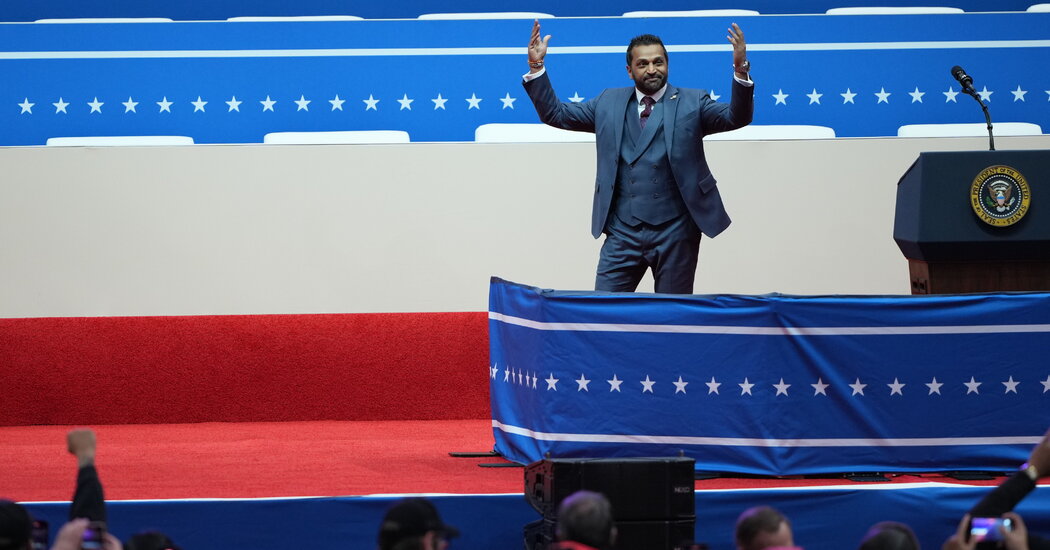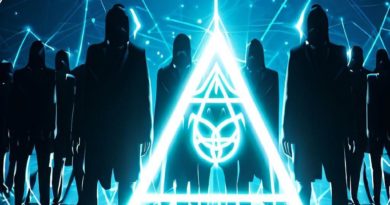Trump’s F.B.I. Pick Sees ‘Deep State’ Plotters in Government, and Some Good in QAnon

Kash Patel, President Trump’s choice to run the Federal Bureau of Investigation, has a favorite saying: “There are no coincidences.”
In podcasts, television interviews and public appearances, Mr. Patel supplies that mantra to argue that both the Biden administration and federal agency officials he disparages as the “deep state” or “government gangsters” are perpetually plotting to thwart the will of the people. His now-dormant online show for The Epoch Times, which rose to national prominence after 2016 by promoting right-wing disinformation and Mr. Trump, even featured a graphic with that slogan.
To people who have studied conspiracy theories, Mr. Patel’s suspicion of the government is a public embrace of conspiracist thinking. The approach, some say, raises concerns over how Mr. Patel would run the F.B.I., whose core mission centers on sifting fact from fiction.
“To me, that is a conspiratorial mind-set — believing that there are hidden hands, puppet masters, diabolical groups that are behind the events and incidents of the world, and that it’s a world with no accidents and no mistakes,” said Robert A. Goldberg, a professor at the University of Utah who has long studied conspiracy theories. That someone who views the world that way may soon take control of the F.B.I. is remarkable, he said, given that one of the bureau’s key roles for many decades was to fight the communist conspiracy against the West.
Conspiracy thinking in the age of social media often serves a different function than it did in the 20th century, when conspiracy theorists put more effort into trying to prove a particular case, Mr. Goldberg added. It is now often an “effort to rally supporters or provide an identity to your base,” he said.
Indeed, Mr. Patel’s public comments about the QAnon conspiracy theory movement suggest he sees its adherents more as an audience to be courted, rather than an ideology to follow.


